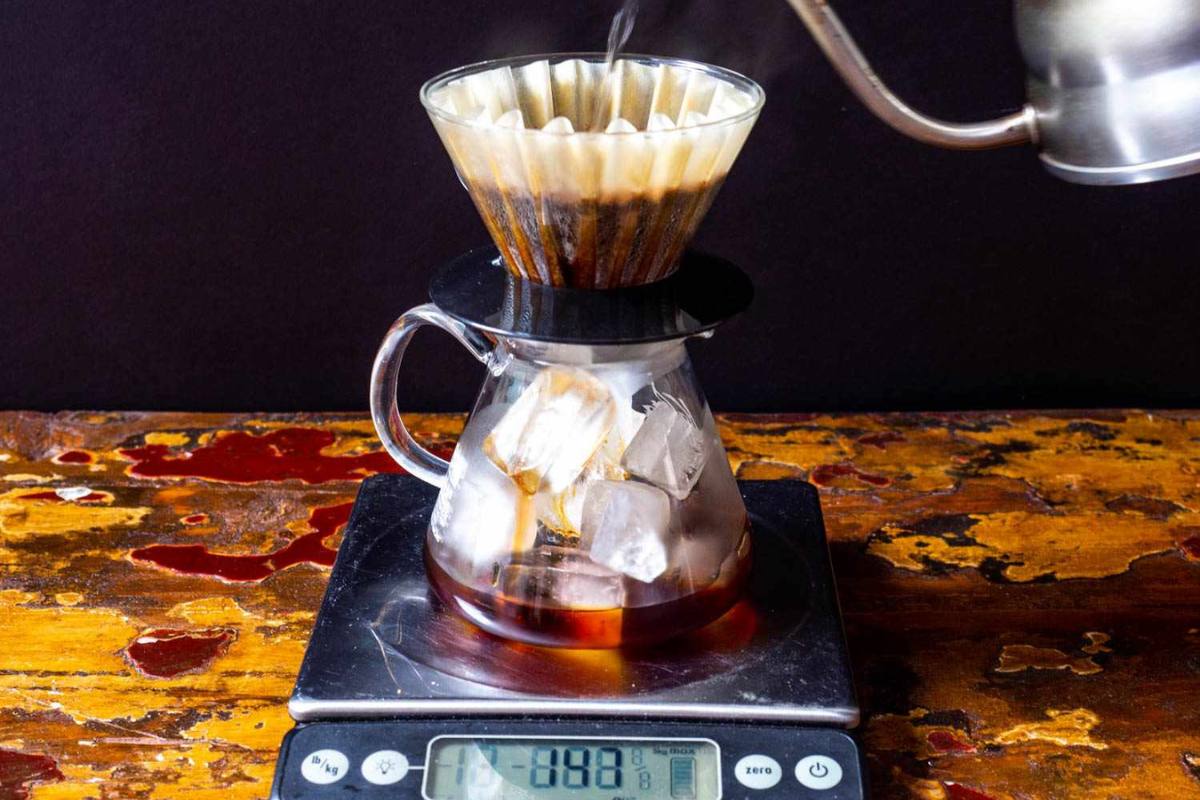When you think about Japan, tea ceremonies, sushi, and meticulous craftsmanship likely come to mind. But in recent decades, Japan has developed one of the most fascinating and unique coffee cultures in the world. Exploring the coffee culture of Japan reveals a blend of precision, elegance, and deep respect for the brewing process — elevating coffee to an art form.
If you’re a coffee enthusiast or curious about how different countries approach this beloved drink, Japan’s coffee scene offers lessons in dedication, ritual, and design.
The Rise of Coffee in Japan
Though tea has long dominated Japanese culture, coffee began making its mark in the late 1800s during the Meiji Restoration. However, it wasn’t until after World War II that coffee became widely consumed, especially with the introduction of instant coffee.
Today, Japan’s coffee consumption rivals that of many Western countries, with both a thriving specialty coffee scene and a unique take on convenience coffee.
Kissaten: The Traditional Japanese Coffee House
A cornerstone of Japanese coffee culture is the Kissaten — traditional coffee houses that emerged in the early 20th century. These spaces are characterized by:
- A calm, retro atmosphere.
- Dark wood interiors and jazz or classical music.
- Focused service where coffee is brewed to perfection.
Kissaten are places of solitude and reflection, often attracting artists, writers, and thinkers who savor both the drink and the peaceful ambiance.
Japanese Coffee Brewing: Precision Above All
If there’s one word to describe how Japan approaches coffee, it’s precision. Brewing is treated as both a science and an art.
Popular Brewing Methods in Japan:
- Pour-Over (V60):
The V60, invented by Japanese company Hario, is iconic. It allows control over every variable — grind size, water temperature, pour speed — resulting in a clean, delicate cup. - Siphon Coffee:
This method looks like a chemistry experiment. It uses vapor pressure and vacuum to brew, offering a visually stunning process with a silky, tea-like result. - Cold Brew and Japanese Iced Coffee:
Japanese iced coffee involves brewing hot coffee directly over ice, locking in aroma and acidity — a refreshing yet flavorful drink. - Hand-Drip Coffee:
Extremely popular, with baristas often spending years perfecting their technique.
Convenience Meets Quality: Japan’s Coffee Vending Machines
Japan is famous for vending machines that sell everything — including canned coffee. Brands like Boss and Georgia deliver hot or cold coffee in cans, offering surprisingly good quality.
This fusion of convenience with quality is unique to Japanese coffee culture and reflects the country’s broader approach to innovation.
Specialty Coffee in Modern Japan
In the 2010s, Japan saw an explosion of specialty coffee shops. These aren’t just cafés — they’re temples to craftsmanship. Some key characteristics include:
- Minimalist design — clean lines, natural materials.
- Focus on single-origin beans.
- Baristas as artisans, often explaining the origin, process, and flavor profile of your cup.
Tokyo, Kyoto, and Osaka are hotspots for specialty coffee, hosting world-class cafés like Blue Bottle Japan, Koffee Mameya, and Onibus Coffee.
Coffee and Japanese Aesthetics
Japanese culture embraces the concept of “Wabi-Sabi” — beauty in imperfection and impermanence. This philosophy extends to coffee:
- Handcrafted ceramic cups.
- Wooden trays.
- Small, intentional portions.
- Brewing rituals that encourage mindfulness.
Drinking coffee becomes a meditative experience rather than just a caffeine fix.
How Japanese Coffee Culture Differs From the West
| Aspect | Japan | West |
|---|---|---|
| Brewing | Precision, slow, artistic | Often fast, practical |
| Café Atmosphere | Quiet, minimalistic, reflective | Social, sometimes loud, work-oriented |
| Serving | Smaller portions, handmade vessels | Larger cups, disposable or standard mugs |
| Focus | Process, craftsmanship, aesthetics | Speed, convenience, social gathering |
What You Can Learn from Japanese Coffee Culture
Whether you’re brewing at home or visiting a café, adopting elements of Japanese coffee culture can enhance your experience:
- Slow down and be present.
- Focus on the brewing process — quality over quantity.
- Appreciate the aesthetics of your setup — from the mug to the tray.
Ready to Experience Coffee Differently?
If you love coffee and value craftsmanship, Japan’s approach is deeply inspiring. Whether you’re brewing with a Hario V60, experimenting with a siphon, or simply being more mindful with your morning cup, bringing a touch of Japanese precision and elegance into your routine can transform how you enjoy coffee.
Explore, experiment, and most importantly — savor each sip.
